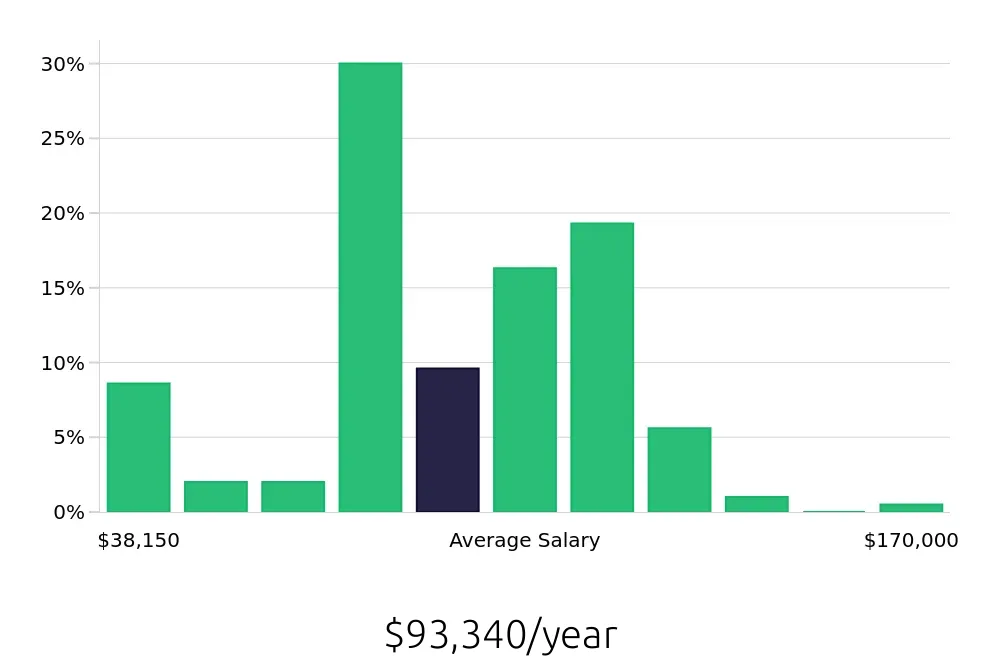Position
Overview
A Contract Runner plays a key role in ensuring the smooth execution of contracts. This position involves working closely with various teams to manage and oversee the terms of agreements. They verify that all parties involved are adhering to the contract’s conditions. This includes monitoring deadlines, handling communications, and maintaining accurate records of contract activities.
Contract Runners must also handle any disputes that may arise during the term of the contract. They work to resolve issues in a timely manner to avoid any disruptions. Their attention to detail helps prevent costly errors. This position requires strong organizational skills and the ability to communicate effectively with different stakeholders. They ensure that all parties are on the same page and that the contract is executed as planned.
Becoming a contract runner involves several steps to ensure you meet all necessary requirements and are well-prepared for this dynamic role. This profession often demands physical fitness, strong communication skills, and a solid understanding of the delivery process. By following a structured path, you can build a successful career as a contract runner.
The journey begins with acquiring the right qualifications. Many employers prefer candidates with a high school diploma or equivalent. Additional training or courses in logistics, customer service, or transportation can be beneficial. These credentials demonstrate a commitment to the field and enhance your employability.
Interested in becoming a Contract Runner? Many people want to know how long it takes to enter this field. A Contract Runner helps businesses manage their transportation needs. This job involves coordinating deliveries, shipments, and logistics. It requires skills in communication, organization, and problem-solving.
The time to become a Contract Runner can vary. Some people start with a high school diploma and gain experience through entry-level jobs. Others may complete a certificate or associate's degree in logistics or transportation. Many professionals also take courses in business and technology. Training can last from a few weeks to several years. Real-world experience often helps more than formal education. Job seekers should focus on building their skills and network in the industry. This can lead to opportunities to become a Contract Runner.
We are seeking a dedicated Contract Runner to manage and execute various contract-related tasks. This role involves coordinating with different departments to ensure timely and efficient contract fulfillment.
Responsibilities:
Qualifications
A Contract Runner is an essential role in the construction industry. This position involves managing various construction projects. They work between contractors and clients. They ensure projects meet deadlines and budgets. Being a Contract Runner offers many benefits. These include the chance to work on diverse projects and the potential for flexible scheduling. This role is ideal for those who enjoy variety and independence.
However, this career path also has some challenges. Contract Runners often face tight deadlines and high-pressure situations. They must balance multiple projects at once. Despite these challenges, the job provides valuable experience in project management and client relations. These skills are valuable in many industries. Those who thrive in dynamic environments may find this role rewarding.
Here are some pros and cons to consider:
Job seekers looking to become a Contract Runner will find a solid job outlook ahead. The Bureau of Labor Statistics (BLS) reports that there are approximately 17,000 job positions available each year. This steady demand makes it an attractive career path for those entering the job market.
The BLS also projects a positive growth in job openings for Contract Runners. From 2022 to 2032, the job openings are expected to increase by 6.7%. This growth suggests a promising future for those starting or considering this career. It also indicates that the demand for Contract Runners will remain consistent over the next decade.
In terms of compensation, Contract Runners earn a competitive salary. The BLS reports an average national annual compensation of $53,190. This translates to an hourly pay of $25.57. These figures show that Contract Runners are well-rewarded for their skills and efforts. They provide a stable and rewarding career choice for job seekers.
